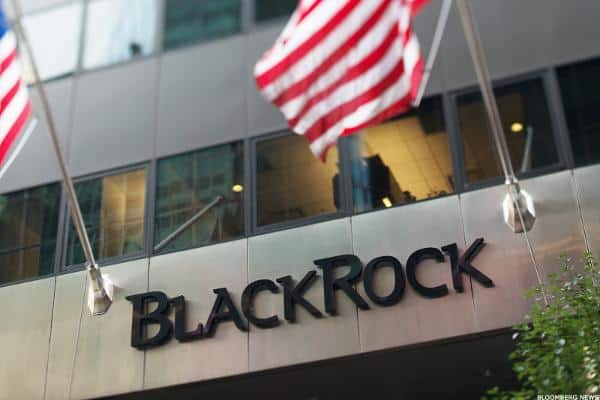
Holding individual board members accountable can be an effective tool to impact corporate responsibility, according to Ray Cameron, head of investment stewardship of the Americas at BlackRock Inc. (BLK).
In 2019, for instance, the firm voted against 5,000 directors due to issues such as lack of independence or poor progress on climate change or diversity, Cameron said during a keynote interview at The Deal’s Corporate Governance 2020 virtual event on Nov. 16.
He said the firm targets directors that “we think should have more responsibility, quite frankly, or should be assuming more responsibility for lack of progress,” Cameron said.
In addition to environmental risk and opportunities, BlackRock assesses four other categories on engagement, including board quality, corporate governance, capital allocation and compensation, Cameron said.
With more than $7.8 trillion in assets under management, BlackRock had 3,000 engagements or conversations with companies, close to half of which were in the U.S. The firm voted in 16,000 meetings on more than 150,000 proposals, the vast majority of which were from management while less than 2% came from shareholders, according to Cameron.
Climate in particular continues to be a focal point for BlackRock, whose CEO Larry Fink wrote in a January letter to company heads that sustainability will be at the core of its investments moving forward.
“We will be increasingly disposed to vote against management and board directors when companies are not making sufficient progress on sustainability-related disclosures and the business practices and plans underlying them,” Fink said in the letter.
Of the 3,000 engagements BlackRock had with companies last year, over 1,200 of them were related to climate and the environment, Cameron said.
As recently as May, for example, the firm voted against two of Exxon Mobil Corp.’s (XOM) director appointments for making “insufficient progress” on climate-related disclosures, including the chair of its public issues committee, Angela Fray, and Exxon’s lead independent director and nominating and governance chair, Kenneth Fraizer.
Being vocal about specific directors is often a more effective way to enact change at the corporate level, rather than just supporting shareholder proposals that are often nonbinding, especially in the U.S.
The latter is a big reason why companies in the U.S. tend to get more shareholder votes compared with other regions. But shareholder proposals are used very differently in Europe and Asia, Cameron said.
As a result, voting for or against directors is useful as a global tool for corporate responsibility for BlackRock.
The firm is also keeping a close watch on how companies have been treating employees during the pandemic as well as their progress on diversity and racial equity.
BlackRock looks at how companies are making improvements on racial makeup such as increased disclosures or progress on stated commitments to expand diversity at the corporate and board level, according to Cameron.
“Conversations around race, particularly in the U.S., are front and center,” he said.
Editor’s note: The original version of this article was published earlier on The Deal’s premium subscription website. For access, log in to TheDeal.com or use the form below to request a free trial.



